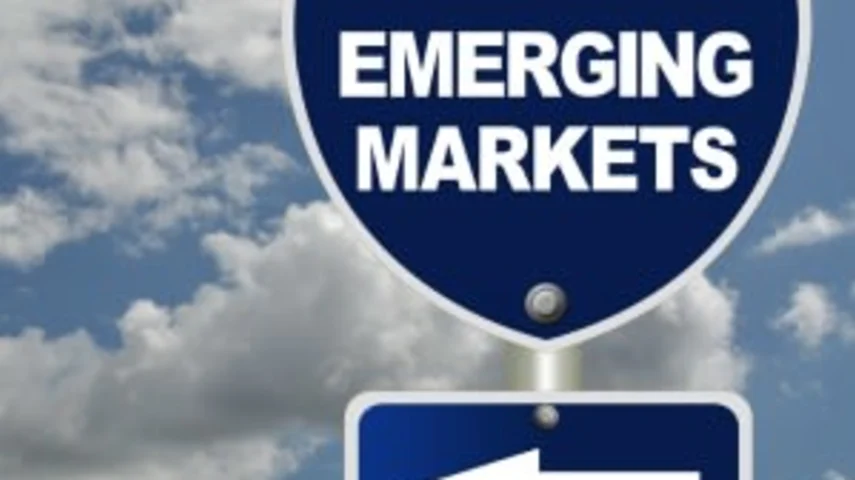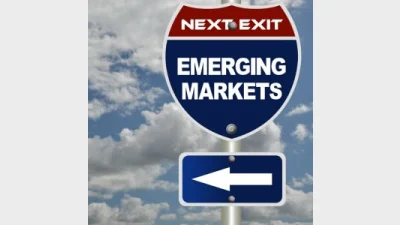EMD is more than one asset class



Emerging market debt (EMD) needs to be used by institutional investors through specialist implementation rather than a single broad mandate, Willis Towers Watson believes.
The advisory firm said there was an increased importance of emerging market debt with the growing number of asset owners allocating towards the asset class thanks to its continuing attractive return potential.
However, Willis Towers Watson said emerging market debt should not be treated as a single asset class as the majority of investors have historically been disappointed by active investment approaches in emerging market debt.
The firm said the disappointment was due to challenges of any single manager who sought to cover the entire asset class and this often failed to justify the fees charged.
It said emerging market debt needed to be considered as three distinct asset classes:
- Local currency sovereign debt;
- Hard currency sovereign debt; and
- Hard currency corporate debt.
It noted that these different asset classes required a particular skillset along with the ability to manage the distinct characteristics of different regions – Latin America, emerging Europe, Asia, Africa, frontier markets, and the Middle East.
Willis Towers Watson global head of manager research, Chris Redmond, said: “The emerging world is a large and growing part of the global economy, just take China’s increasing importance, through global trade and economic growth in the last few years.
“EMD is consequently an ever-more important asset class with even larger allocations from asset owners and continuing attractive return potential and diversification benefits.
“EMD is not a single opportunity so it cannot be captured by a single, broad mandate. We believe investors need to consider a shift in focus is needed towards specialist implementation, building a portfolio comprised of a ‘master’ in each area of the market.”
The firm said investors needed to build a portfolio by selecting the bet manager in each asset class and region with specific knowledge and skills.
Recommended for you
Dan Farmer, chief investment officer of MLC Asset Management, has detailed how its super fund allocations have evolved and whether the fund will consider investing in bitcoin.
Australia’s superannuation capital has been positioned to play a larger role in south-east Asia’s economic development under a new government-backed deal.
Superannuation funds have become the dominant force behind Australia’s private markets boom, fuelling unprecedented growth and reshaping manager operations.
Reserve Bank governor Michele Bullock has said the central bank sees private demand picking up over the next year, taking over from public demand.









